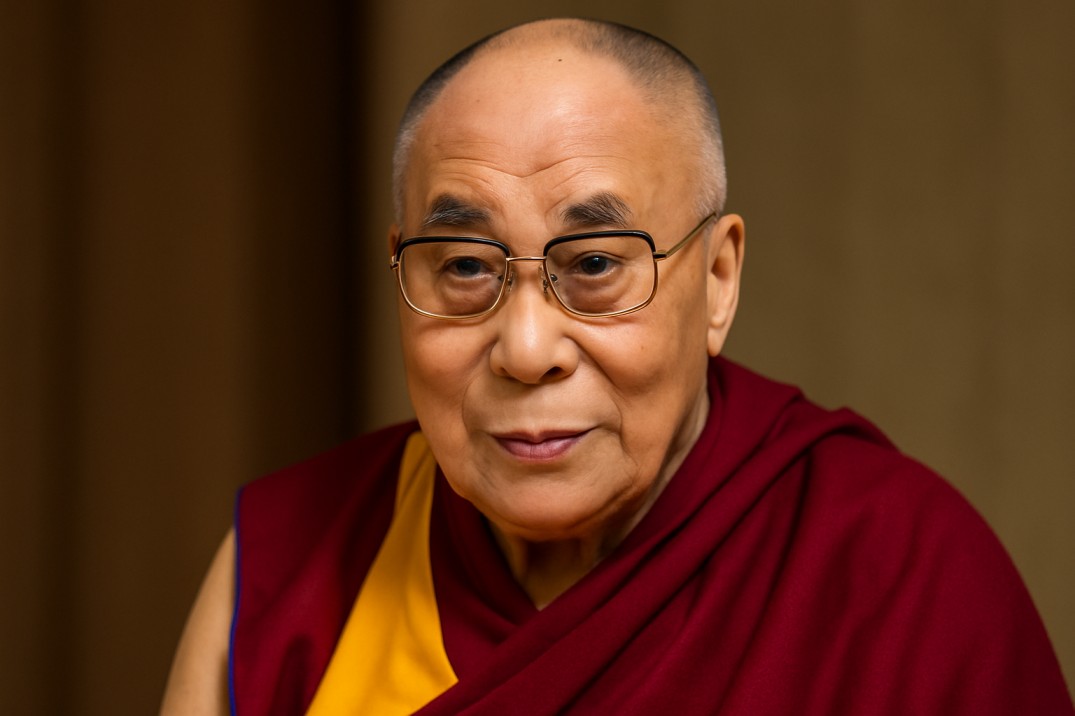Myanmar’s oldest ethnic armed group said Thursday that a nationwide cease-fire agreement it signed with the national army eight years ago is now null and void because of violations of terms by the ruling military junta.
The Karen National Union, the political wing of the Karen National Liberation Army that represents ethnic Karen people in eastern Myanmar’s Kayin state, was one of the eight original ethnic army signatories of the accord in October 2015, aimed at ending the country’s long-running armed conflicts.
Two other rebel groups signed the agreement in 2018, bringing the number 10.
The KNU and other ethnic armed organizations want a national military that cannot participate in politics and the formation of a federal democratic union in Myanmar.
The peace process was killed off when the Myanmar military seized power from the elected civilian-led government in a February 2021 coup, sparking new waves of violence with ethnic armies joining forces with anti-junta resistance fighters and engaging in insurgency and heavy clashes across the country.
Through fighting, the junta forces have violated terms of the nationwide cease-fire agreement, or NCA, so that it no longer exists, said KNU General Secretary Pado Saw Tado Muh during an online press conference on Thursday to mark the 100th day after the KNU’s 17th Congress.
“There is no more reason to follow the NCA because the military has trampled on Chapter 1 of the agreement, which is the heart of the whole NCA,” he said, referring to the part of the pact on basic principles to which the signatories agreed.
Key areas of the accord cover military codes of conduct, the protection of civilians, the provision of humanitarian assistance, a political roadmap, interim arrangements, the establishment of a Joint Ceasefire Monitoring Committee, and the adoption of a Framework for Political Dialogue for peacefully resolving differeences.
The KNU said on July 9 that it had engaged in nearly 2,500 armed clashes with junta troops during the first half of the year in KNU-controlled territory in Kayin and Mon states and in Tanintharyi and Bago regions.

Junta leader Sr. Gen. Min Aung Hlaing said Tuesday that the NCA should not be ignored and that the military is working hard to adhere to its terms.
His comments came days after Min Aung Hlaing extended emergency rule in Myanmar for another six months on July 31, thereby delaying the date by which elections must be held according to the country’s constitution. The junta previously pledged to hold elections in August.
Pado Saw Tado Muh said he would not accept any elections based on the 2008 constitution, drafted by a previous military junta that ruled Myanmar.
“We will not accept the junta’s election, [and] we should not hold any new election based on the 2008 constitution as it will lead to more harm than good and will make it more difficult to solve the political problems of Myanmar,” he said.
“Therefore, we would like to tell you not to support any movement based on the election that will perpetuate the military dictatorship.”
After the coup, the KNU and its armed wing — one of Myanmar’s largest ethnic armies — took a more aggressive stance to the military and offered sanctuary to lawmakers, protesters, striking workers and others who faced abuse and attacks by the junta.
KNLA forces have conducted deadly ambushes, captured military bases, and trained resistance fighters, including members of the anti-regime People’s Defense Forces, as junta forces ramped up attacks on KNU-controlled territory.
KNLA commander Brigadier General Saw Tar Malar Thaw said the junta is now on the defensive.
“Tactically, they cannot open offensive attacks, but instead have to use only heavy artillery and airplanes,” he said. “In many cases, such attacks target civilians.”
RFA could not reach Maj. Gen. Zaw Min Tun, the junta’s spokesman, for comment on the KNU’s statements.
Translated by Myo Min Aung for RFA Burmese. Edited by Roseanne Gerin and Matt Reed.



